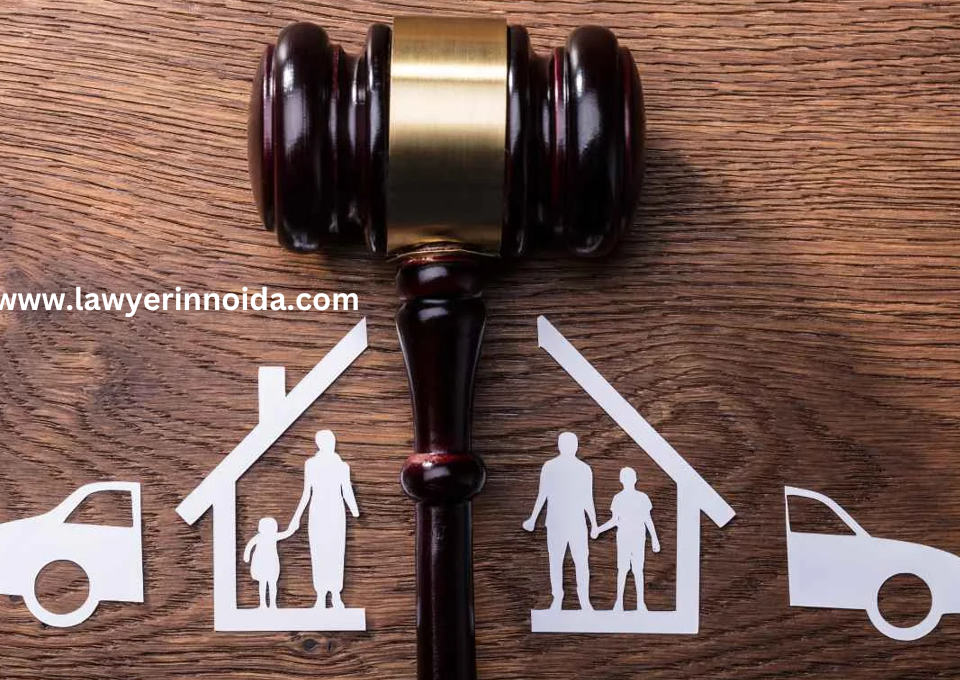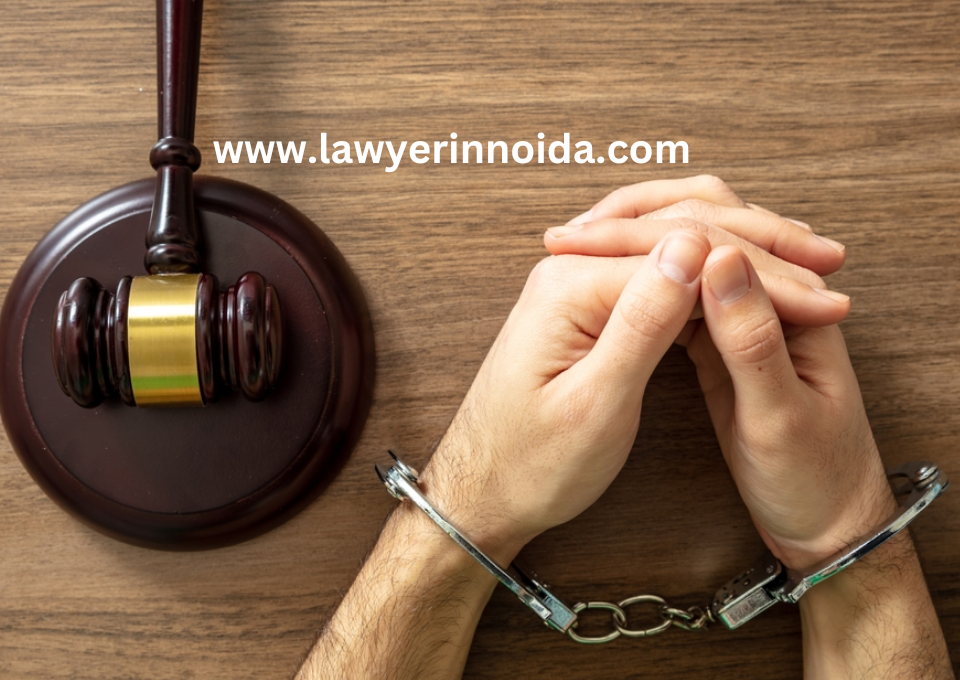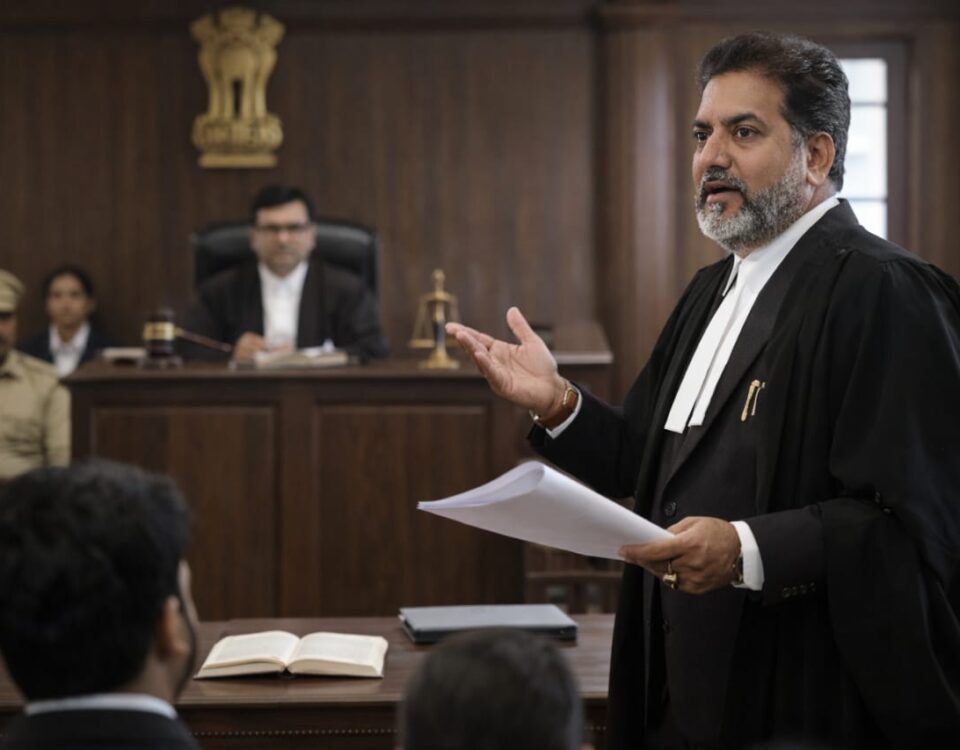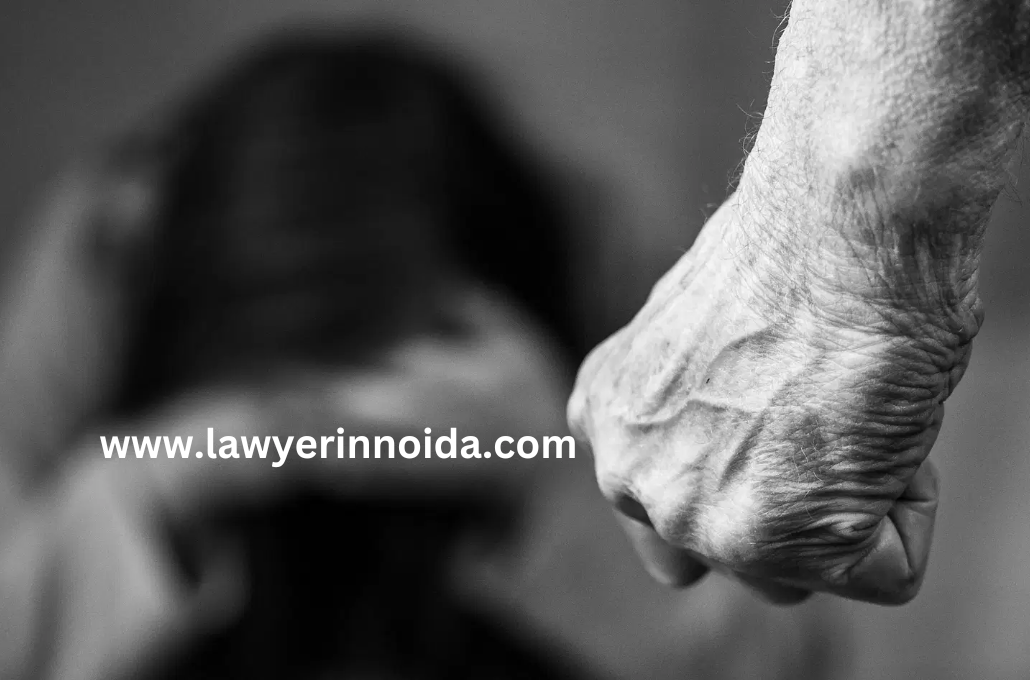
Domestic Violence Cases in India
DV Case Lawyer in Noida
Domestic violence is not limited to physical violence but includes emotional, psychological, financial, and sexual abuse. It’s important to understand that domestic violence can affect individuals across all demographics, regardless of gender, age, socioeconomic status, or cultural background. This form of abuse seeks to maintain power and control over the victim and can occur in intimate relationships, marriages, live-in relationships, and even within family settings. While physical abuse is often the most visible, emotional and psychological abuse can be just as harmful. It includes tactics such as manipulation, constant criticism, threats, and intimidation. Financial abuse, where the abuser controls the victim’s access to money and resources, can also leave the victim financially dependent and unable to escape.
Why Do Victims Stay in Abusive Relationships?
Many victims of domestic violence feel trapped, making it difficult for them to leave abusive relationships. The reasons can include:
1. Fear of Retaliation: Abusers often threaten harm to the victim or their children if they report the abuse or try to leave. 2. Financial Dependency: Victims may be financially dependent on their abuser, making it harder to break free. 3. Love and Attachment: Victims may still have emotional attachments to the abuser, hoping the situation will improve. 4. Social Stigma: There is often shame and fear of judgment from family, friends, and society, which prevents victims from speaking up. 5. Lack of Awareness: Victims may not recognize the signs of abuse or may not be aware that legal help is available.Understanding these challenges is essential for providing effective support and encouragement to seek help.
What Should You Do If You Are a Victim of Domestic Violence?
If you are experiencing domestic violence, it is crucial to take immediate action to protect yourself. First and foremost, prioritize your safety. If you are in immediate danger, leave the house and go to a safe location. Reach out to a trusted friend, family member, or even a local shelter where you can find refuge. Seek medical attention for any physical injuries or psychological distress caused by the abuse. Getting a medical check-up and documenting any injuries will help provide crucial evidence in your case. Keep a record of all abusive incidents—this includes writing down dates, times, and descriptions of the abuse, as well as keeping any physical evidence like photos of injuries or screenshots of threatening messages. Contact a domestic violence helpline for emotional support and guidance. The 181 Women’s Helpline is a 24/7 service offering immediate assistance, including access to legal aid and other support services. File a formal complaint with the police or approach the court for protection orders. You can also seek legal assistance to file for maintenance, child custody, and residence orders. Remember, you are not alone, and there are multiple resources available to help you. Taking these steps will not only ensure your immediate safety but also provide a foundation for pursuing legal action against the abuser.
1. Prioritize Your Safety Your safety is the most important concern. If you feel your life is in danger, leave the house and go to a safe place. You can go to a trusted friend’s house, a family member, or even a nearby police station. 2. Seek Medical Attention If you have been physically harmed, seek medical attention immediately. Document any injuries with photographs and medical records, as this will help you build your case.3. Call a Helpline There are several helplines available that offer emotional support, guidance, and resources for victims of domestic violence. One of the most prominent helplines is the 181 National Helpline for Women. This helpline can assist in filing complaints and directing victims to legal aid. 4. Keep a Record Keep a detailed record of any abusive incidents, including dates, times, and descriptions of what happened. It’s crucial to document any injuries or threats. This will be invaluable when seeking legal protection or pursuing a case in court. 5. Report the Abuse You can file a police report or an FIR (First Information Report) at any local police station. If the abuse is ongoing, seek immediate intervention through the Protection of Women from Domestic Violence Act, 2005. Your lawyer can assist you in filing the complaint and ensuring that the necessary steps are taken.
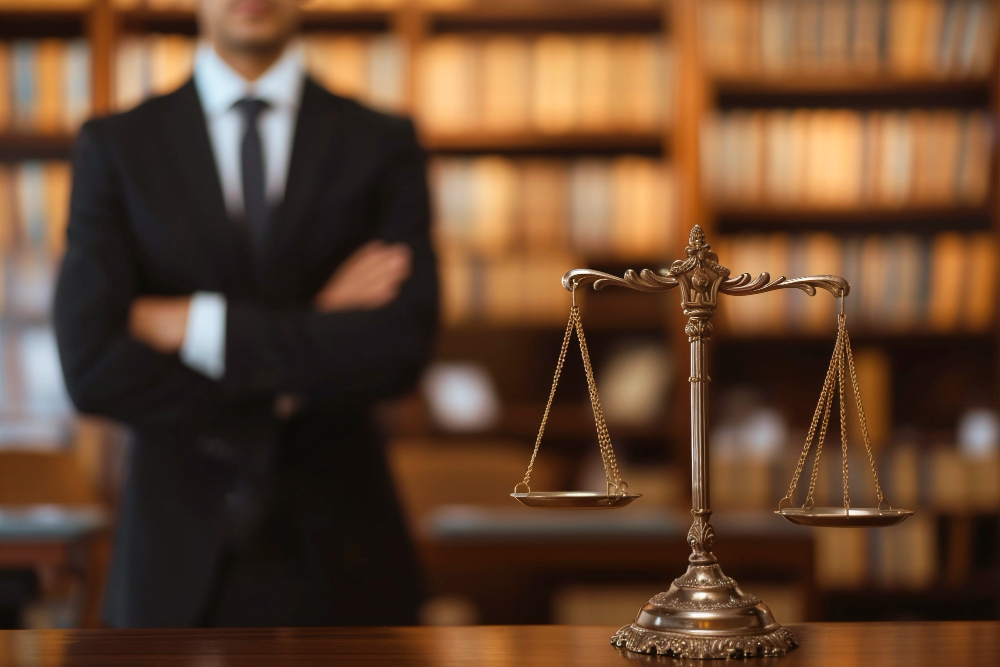
The Role of a Lawyer in Domestic Violence Cases
A lawyer plays an essential role in guiding victims of domestic violence through the legal system and ensuring that they receive the protection they deserve. Legal protection is one of the first steps a lawyer can help you achieve by obtaining protection orders and residence orders. These orders ensure that the abuser stays away from the victim, providing physical safety. Filing for maintenance is another critical aspect where a lawyer helps ensure that the victim and any children involved are provided with financial support. This can include a variety of costs such as food, education, and housing. A lawyer will also be instrumental in seeking custody of children if they are involved in the case. Protecting children from an abusive environment is of utmost importance, and the lawyer can assist in filing for temporary or permanent custody. Legal representation in court is a key service a lawyer provides, making sure that all the necessary documentation is prepared, evidence is presented, and your voice is heard. A lawyer will advocate for your rights, ensuring that the abuser is held accountable and that you receive justice. Emotional support is also critical, as lawyers specializing in domestic violence cases are trained to approach the case with sensitivity and empathy. They ensure that you feel safe and supported throughout the legal proceedings.
1. Legal Protection: A lawyer can help you file for protection orders and residence orders, ensuring that you and your children are safe from the abuser. Protection orders can legally prevent the abuser from contacting you or entering your home. 2. Filing for Maintenance: If you are financially dependent on your abuser, a lawyer can assist you in filing for maintenance. This ensures you receive financial support for your living expenses and any children you have. 3. Custody of Children: In cases where children are involved, a lawyer can help you seek custody and visitation rights. The welfare of the child is always a priority for the court, and a lawyer can present your case effectively. 4. Legal Proceedings and Representation: A lawyer will represent you in court and ensure that all legal processes are followed. They will also guide you in preparing necessary documents and presenting evidence to support your claims. 5. Emotional Support: An experienced lawyer will handle your case with empathy and sensitivity, ensuring you feel heard and supported throughout the legal process.What to Expect in Court During a Domestic Violence Case
If you decide to take legal action, understanding what to expect in court will help ease any anxiety or uncertainty. Filing a complaint is the first step, where you present your case before a Magistrate or in a local police station. The complaint will describe the nature of the abuse, the frequency of incidents, and the impact on your life. After the complaint is filed, the court hearing will be scheduled, where both the victim and the accused will present their sides of the story. The Magistrate will evaluate the evidence, listen to testimonies, and determine if the protection orders or residence orders should be granted. If the abuse is ongoing or there is an immediate threat to the victim’s safety, the court can issue temporary protection orders right away. Additionally, if there are children involved, the court may consider custody orders to ensure that the children are placed in a safe environment. Compensation orders may also be issued, depending on the nature of the abuse and the financial harm caused. Finally, the court may decide on the final orders, which include maintenance payments, custody of children, and other matters relating to the victim’s protection and safety. Court proceedings can take time, but they ensure that justice is served and that victims can secure long-term protection.
1. Filing a Complaint: The first step is to file a formal complaint under the Protection of Women from Domestic Violence Act, 2005. The complaint is filed at a Magistrate Court, and it initiates the legal process. You may also need to submit medical records, photographs, and other evidence of abuse. 2. Court Hearing: After filing the complaint, a court hearing will take place. During the hearing, the Magistrate will review the evidence, issue orders, and make decisions on your case. The abuser will have the opportunity to respond, and both parties may be required to appear in court. 3. Protection Orders: The Magistrate can issue an immediate protection order if they believe there’s an immediate threat. This order may prevent the abuser from contacting you or approaching your home. 4. Residence and Custody Orders: If necessary, the court may issue orders to ensure you and your children’s safety, including temporary custody of children and orders for the abuser to vacate the shared home. 5. Final Orders and Compensation: The court may issue final orders regarding maintenance, custody, and other legal matters. In some cases, victims may be awarded compensation for the harm suffered due to abuse.Support Resources for Domestic Violence Victims
Support for victims of domestic violence is available through various channels. Helplines and support centers provide immediate assistance, including counseling, legal advice, and shelter. The 181 Women’s Helpline is a national service that offers round-the-clock support, including helping victims file complaints and access other essential resources. Sakhi One-Stop Centres are another key resource, offering integrated services such as legal aid, medical care, and counseling. These centers are specifically designed to help victims of domestic violence and provide them with a safe environment to start the recovery process. NGOs like the Tata Institute of Social Sciences and Breakthrough offer support, advocacy, and awareness programs for women suffering from violence. Additionally, the National Commission for Women (NCW) is dedicated to protecting women's rights and provides a range of services for those affected by domestic violence. Legal aid programs also ensure that victims can access legal support, regardless of their financial situation. These resources are crucial in helping victims navigate the challenges of domestic violence and move toward a safer, more stable life.
1. 1090 Women’s Helpline: A 24/7 helpline for women in distress. It provides emergency assistance and legal advice. 2. National Commission for Women (NCW): NCW offers support, counseling, and advocacy for women facing abuse. 3. Sakhi One-Stop Centres: These centers provide support to victims of violence, offering a range of services including medical, legal, and psychological support.Contact Us for Legal Assistance
If you or someone you know is experiencing domestic violence, Lawyer in noida is here to help. We offer confidential, compassionate, and expert legal assistance to guide you through the legal process. Take the first step towards freedom and justice today. Our dedicated team is ready to assist you in your journey towards safety and security. You don’t have to face this alone—let us help you seek justice.
Empower Yourself – Take the First Step Today
Domestic violence can feel isolating, but remember, you are not alone. There is help available, and you have the right to live a life free from abuse. Our team at Lawyer in noida is here to help you navigate the legal system and secure the protection and justice you deserve.
